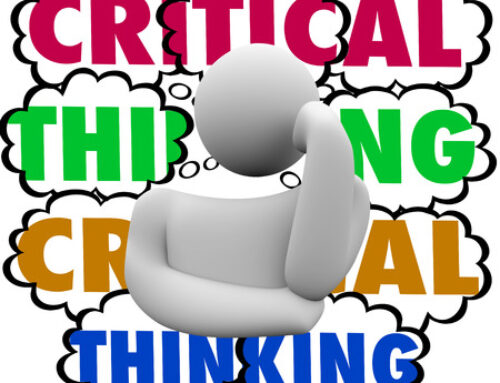 Common New Year’s resolutions involve quitting something such as smoking or drinking, eating too much, being too sedentary, being rude to others, procrastinating, or living beyond our means. Most of us are familiar with them because we’ve made them, in many cases again and again. Sometimes we’ve even been partially successful in achieving them.
Common New Year’s resolutions involve quitting something such as smoking or drinking, eating too much, being too sedentary, being rude to others, procrastinating, or living beyond our means. Most of us are familiar with them because we’ve made them, in many cases again and again. Sometimes we’ve even been partially successful in achieving them.
The resolution I am recommending differs in that it emphasizes, not stopping something, but starting something that our busy pace has caused us to neglect. That something is improving our minds by getting better acquainted with people who have become distinguished for their insights into social, economic, moral, religious, and philosophical issues.
You may be thinking, “I watch the news faithfully, and what I miss there I find discussed on Facebook. If anything I am too acquainted with important issues. So I don’t need more mental stimulation. If anything, I need less.”
Let’s examine that notion. To begin with, today’s news and commentary are usually too shallow to provide real mental stimulation. I’m not referring to “fake news” or media bias, though those can make us misinformed rather than informed, and the more misinformation the less understanding. Rather, I am referring to the unfortunate brevity of most news reports, commentaries, and discussions.
TV and radio reporters are forced by time limits to devote only a minute or two to a story, often less than that. Commentators and analysts receive little more time. And the typical discussion/debate generally amounts to two or maybe three comments by each participant. This is the pattern regardless of how complex the issue or how extensive its history. And this is what I mean by “shallow.”
Months, years, even decades of receiving such shallow information fosters the belief that we are well informed when are not. The way to counteract this effect is to seek out people who treat issues in greater depth. One such person is the late Nobel Prize winning economist Milton Friedman. Here are some of his best known quotations:
Most economic fallacies derive from the tendency to assume that there is a fixed pie, that one party can gain only at the expense of another.
The world runs on individuals pursuing their self-interests. The great achievements of civilization have not come from government bureaus. Einstein didn’t construct his theory under order from a bureaucrat. Henry Ford didn’t revolutionize the automobile industry that way.
Concentrated power is not rendered harmless by the good intentions of those who create it.
If you put the federal government in charge of the Sahara Desert, in 5 years there’d be a shortage of sand.
There’s no such thing as a free lunch.
Such quotations invite pondering and thus stimulate our minds. Yet even greater stimulation comes from reading or viewing more thorough explanations of informed people’s reasoning about issues. A good starting point for learning more about Friedman’s reasoning on important topics would be one of the following videos. Just click the links to access them:
A two-part conversation between Friedman and Phil Donohue over the comparative value of Capitalism in “improving the lot of the ordinary people.”
A discussion of why government should be limited.
A discussion of the libertarian view on when individual freedom should be restricted.
A discussion on whether the redistribution of wealth is a good idea.
As you watch these videos, you may agree or disagree with Friedman. Either reaction is fine as long as you reason your way to your judgment. The process of carefully considering and evaluating other people’s views and reaching reasonable conclusions is the best way to improve our minds.
Incidentally, the recommendation I am making here is also my own personal New Year’s resolution. As a retired professor and author, I am already in the habit of consulting a wide array of thinkers on diverse subjects. But I intend to devote even more time to that practice and, as well, to re-examine many books that deserve a second (or third) reading. I plan to share some of them in future essays.
Copyright © 2018 by Vincent Ryan Ruggiero. All rights reserved



